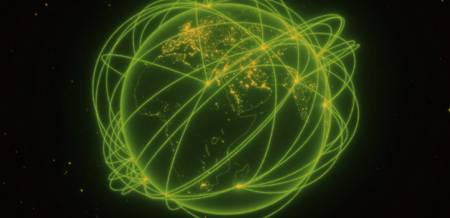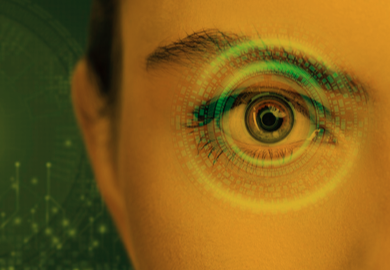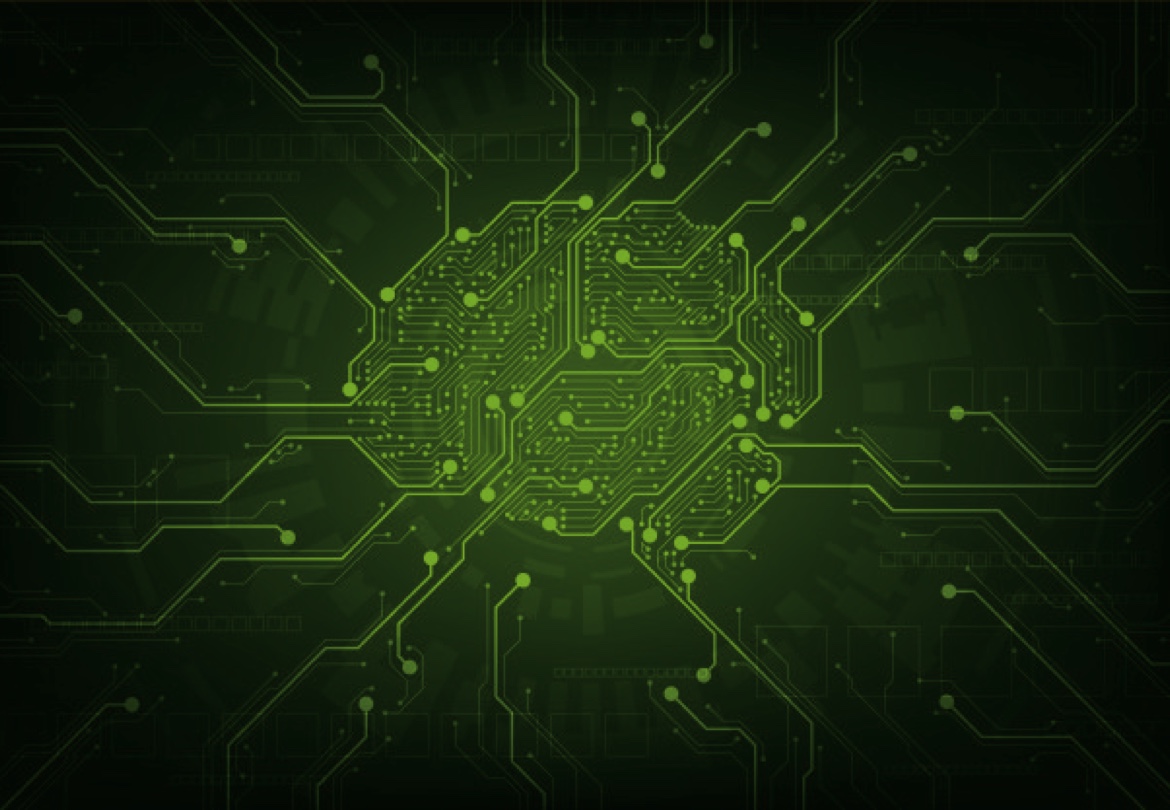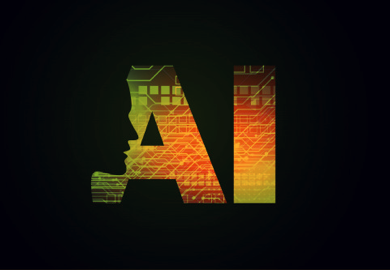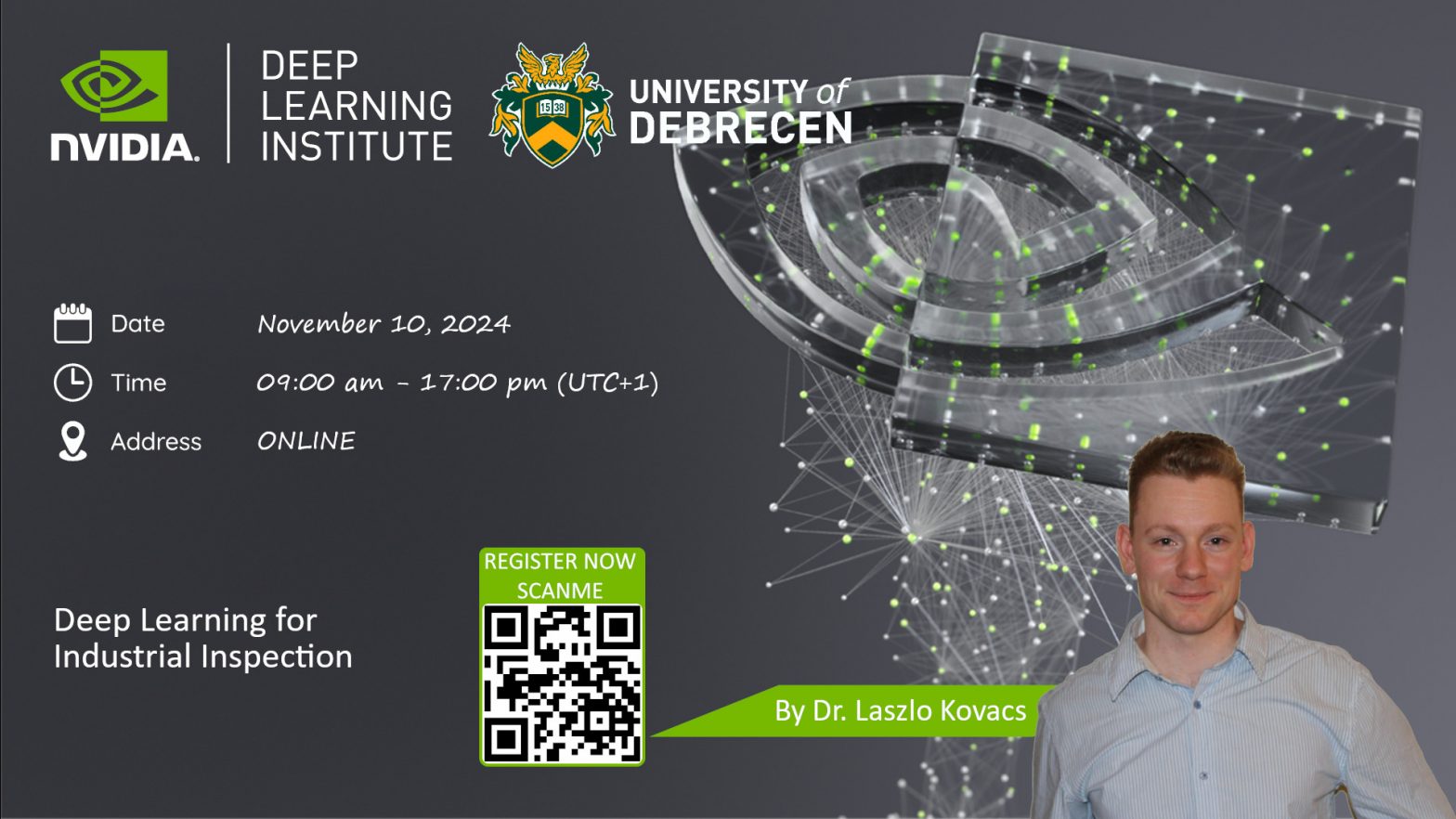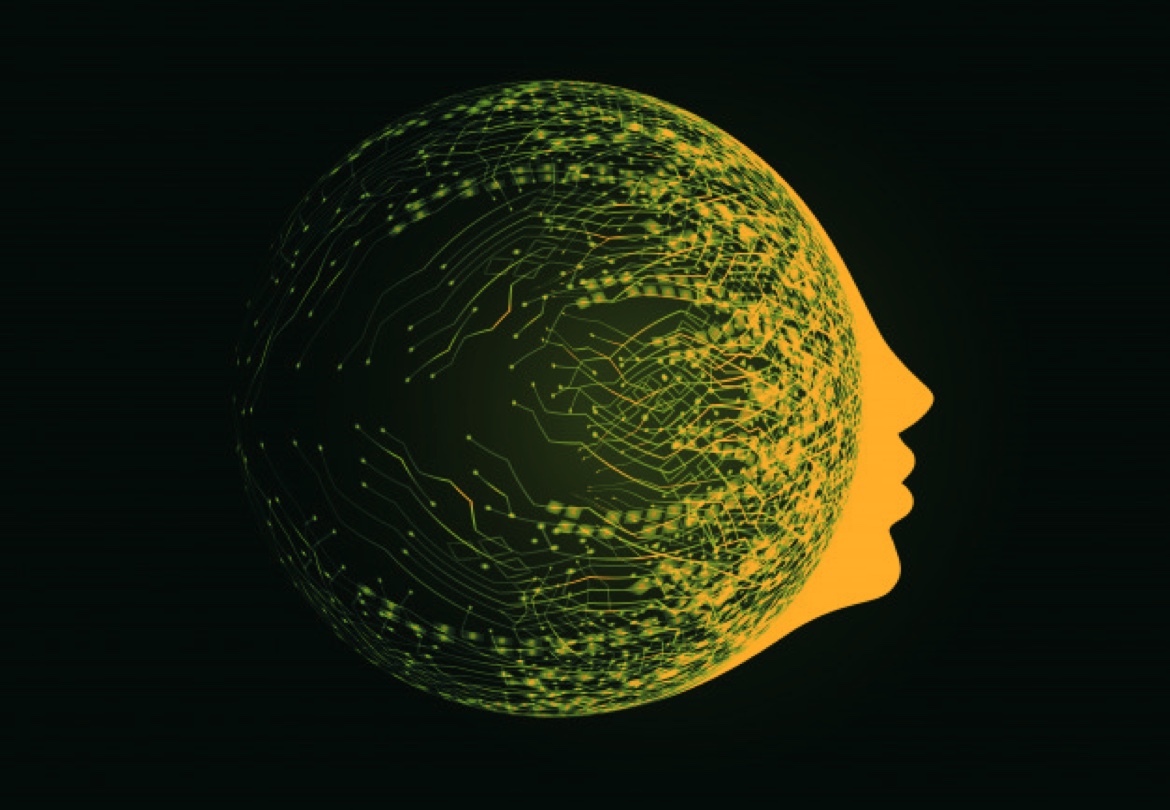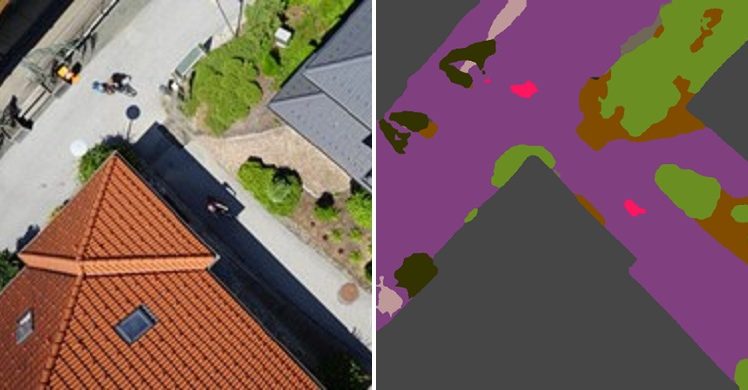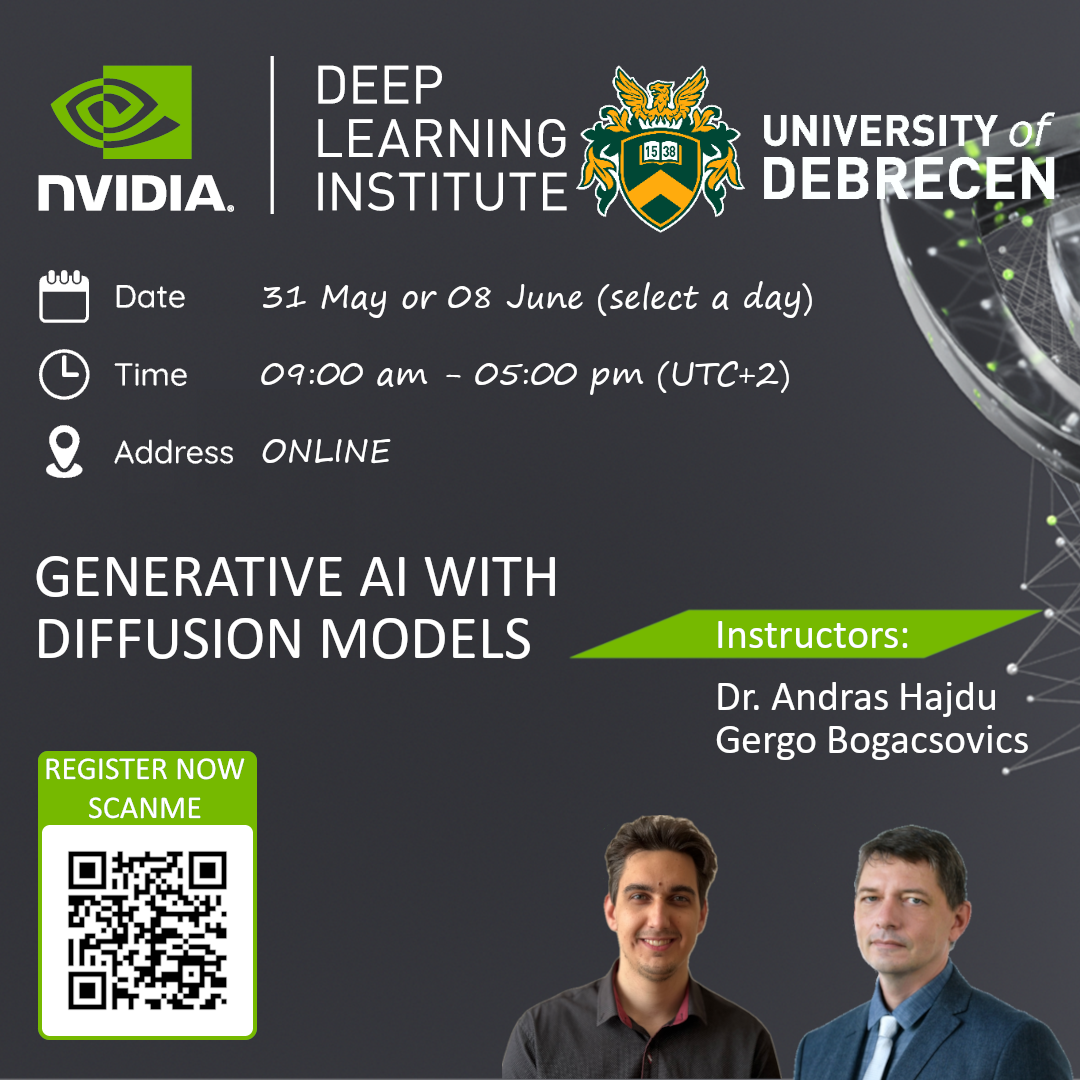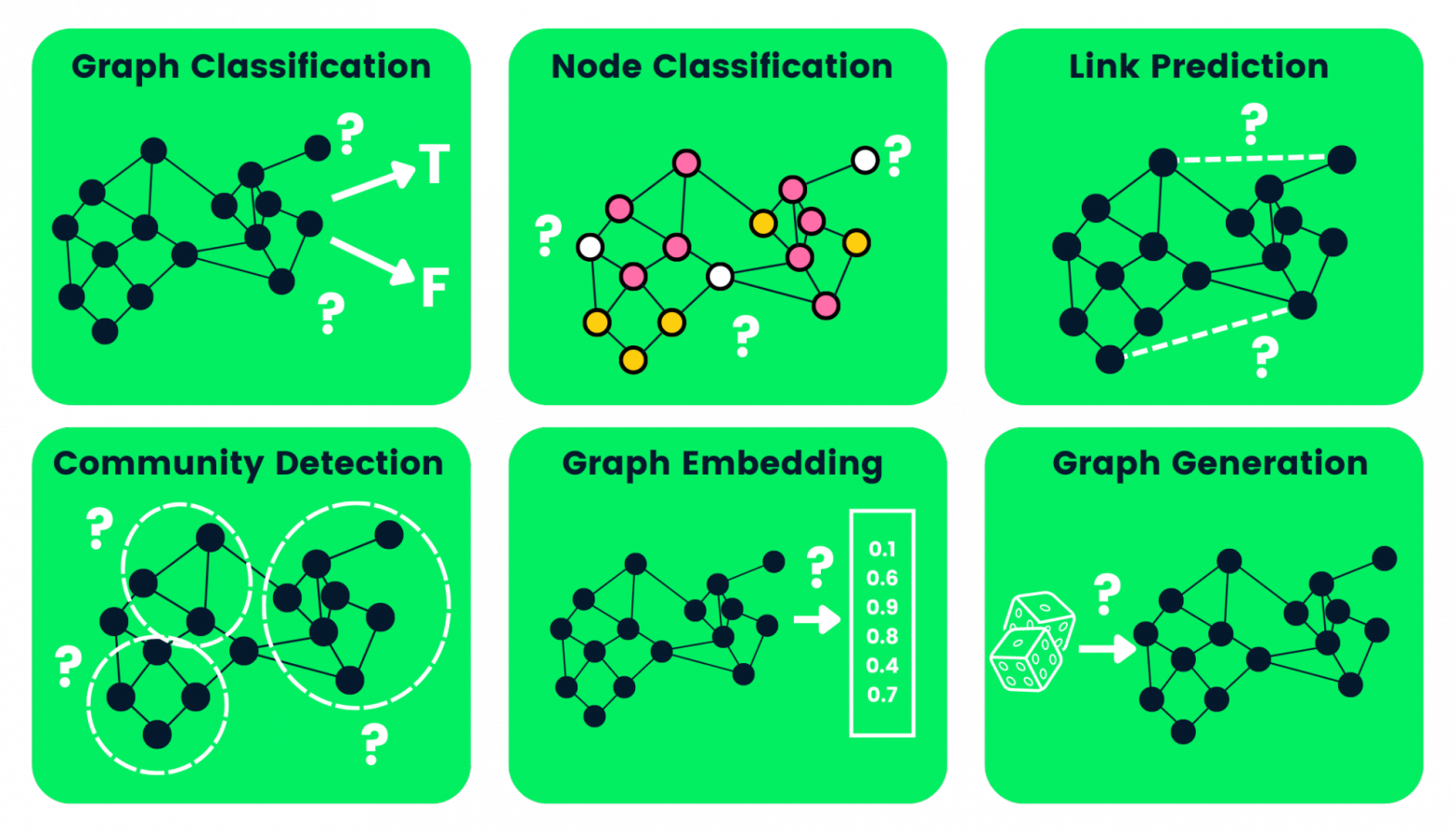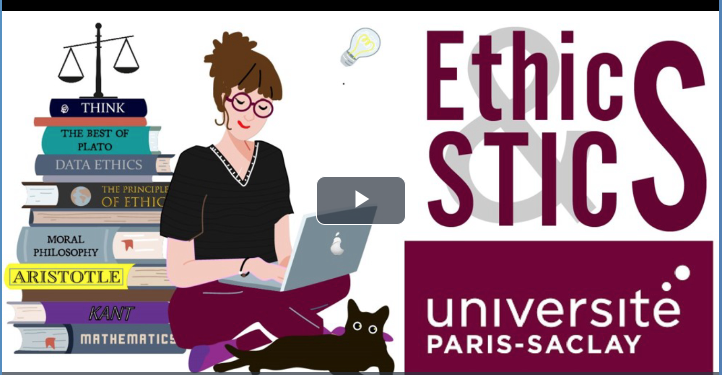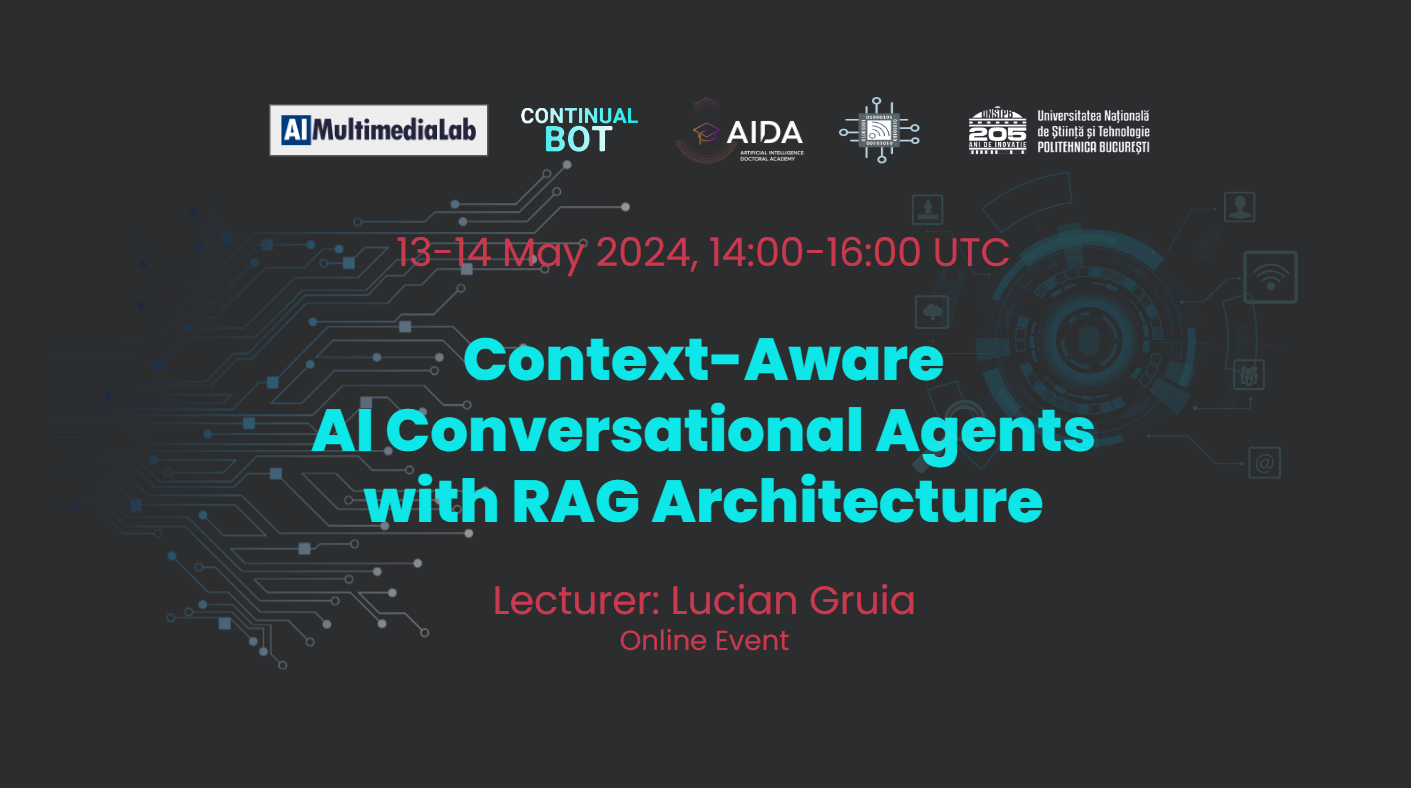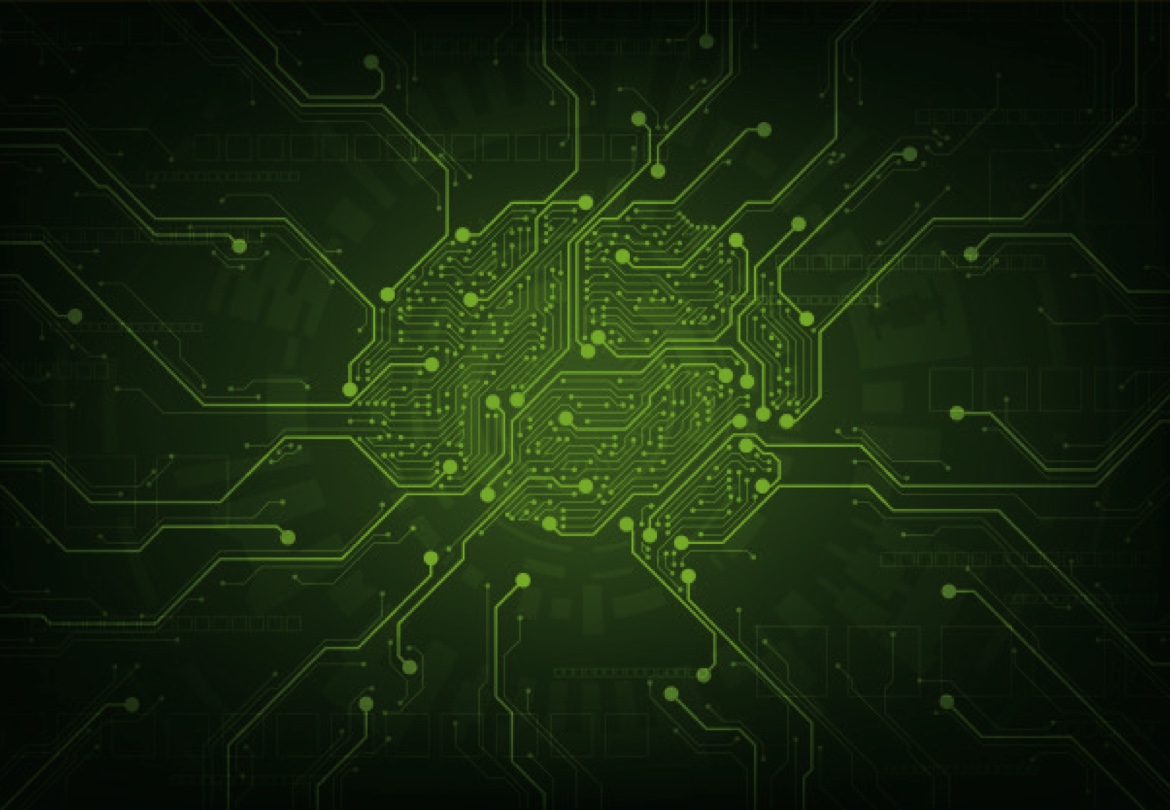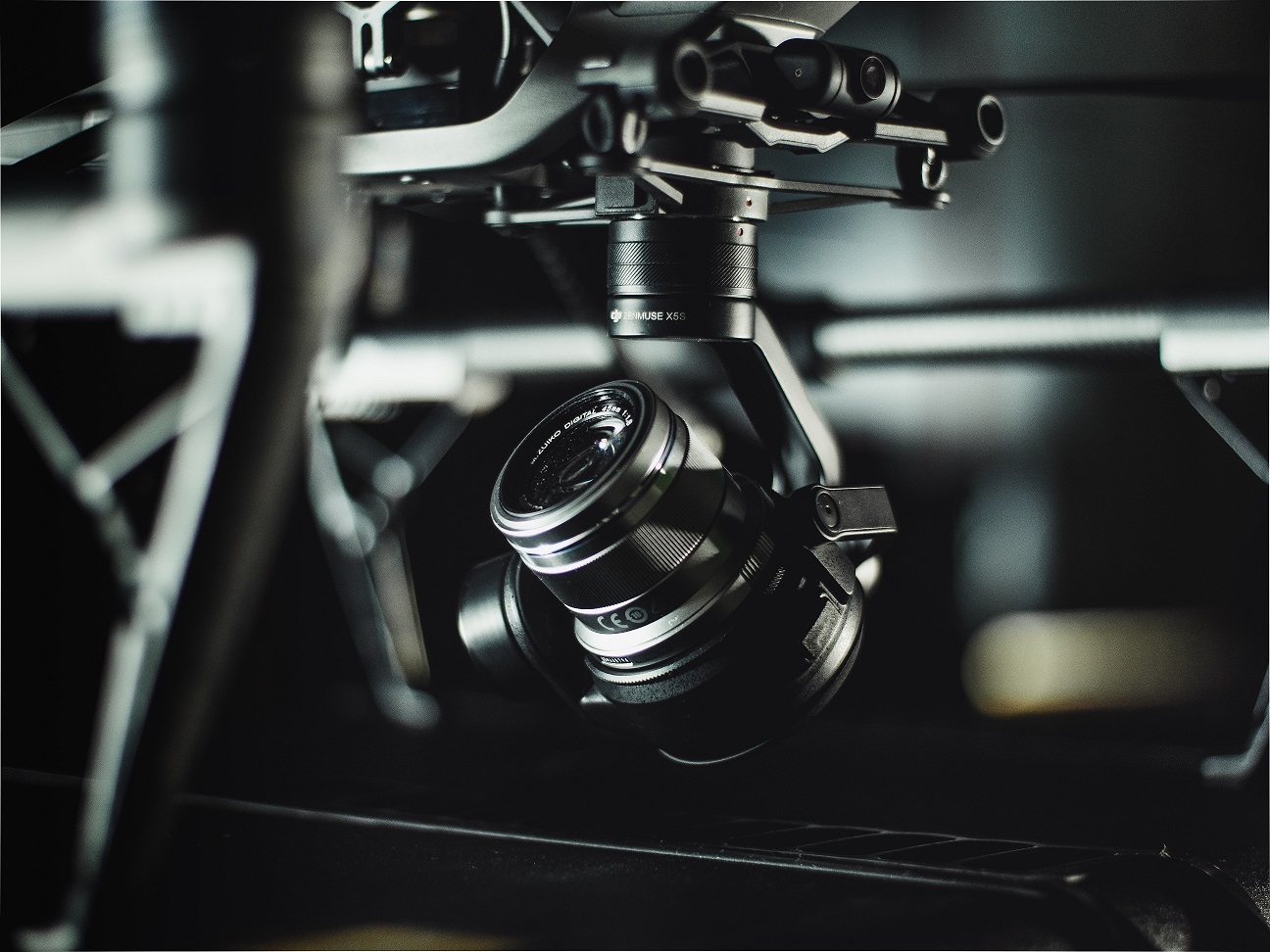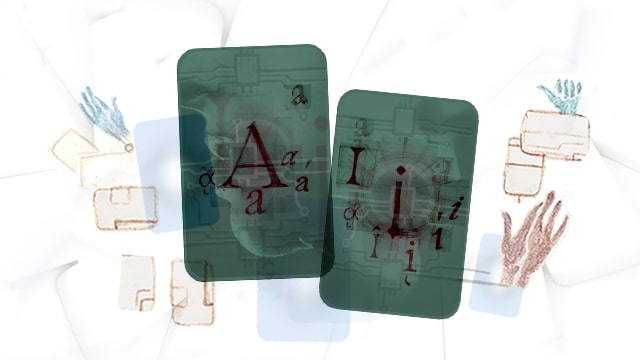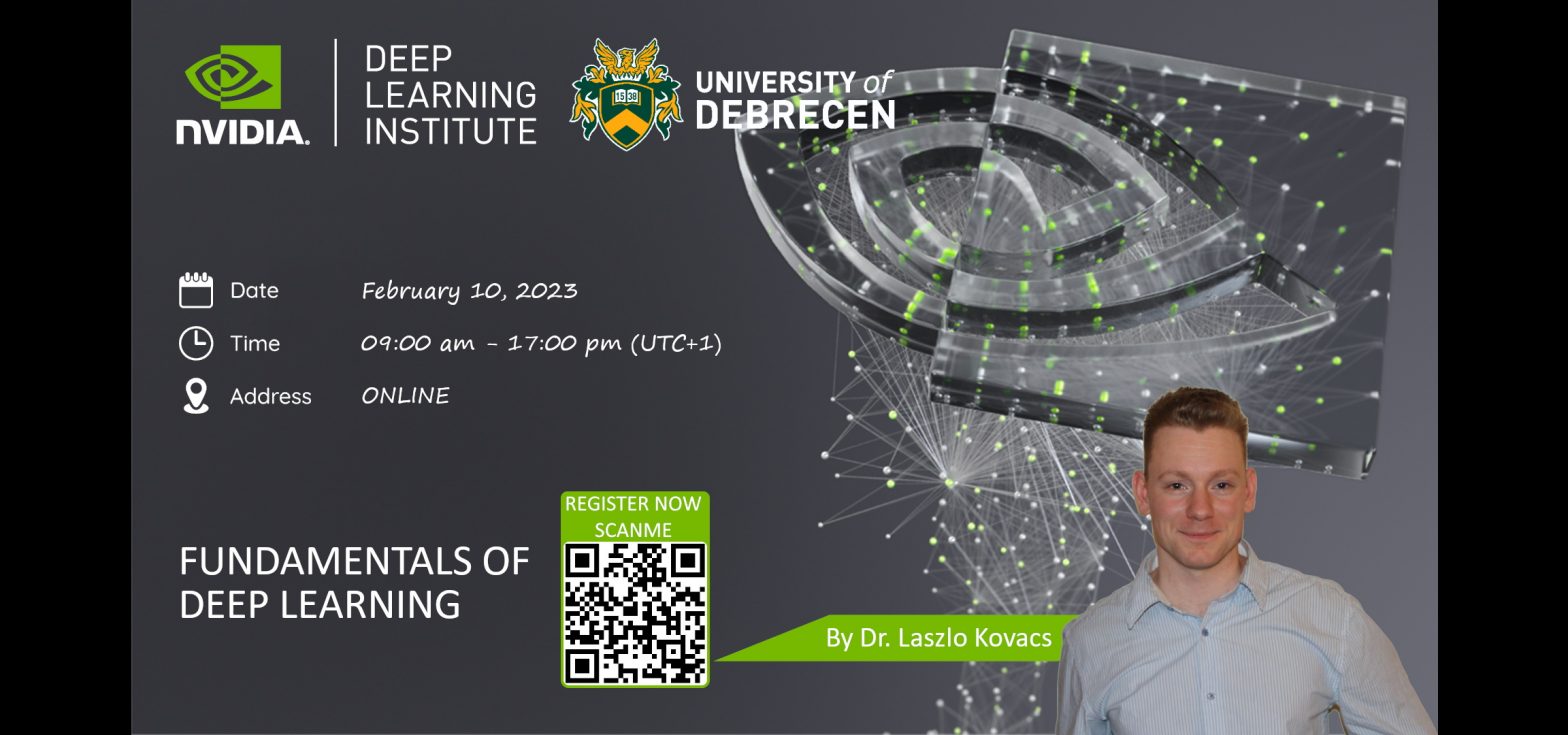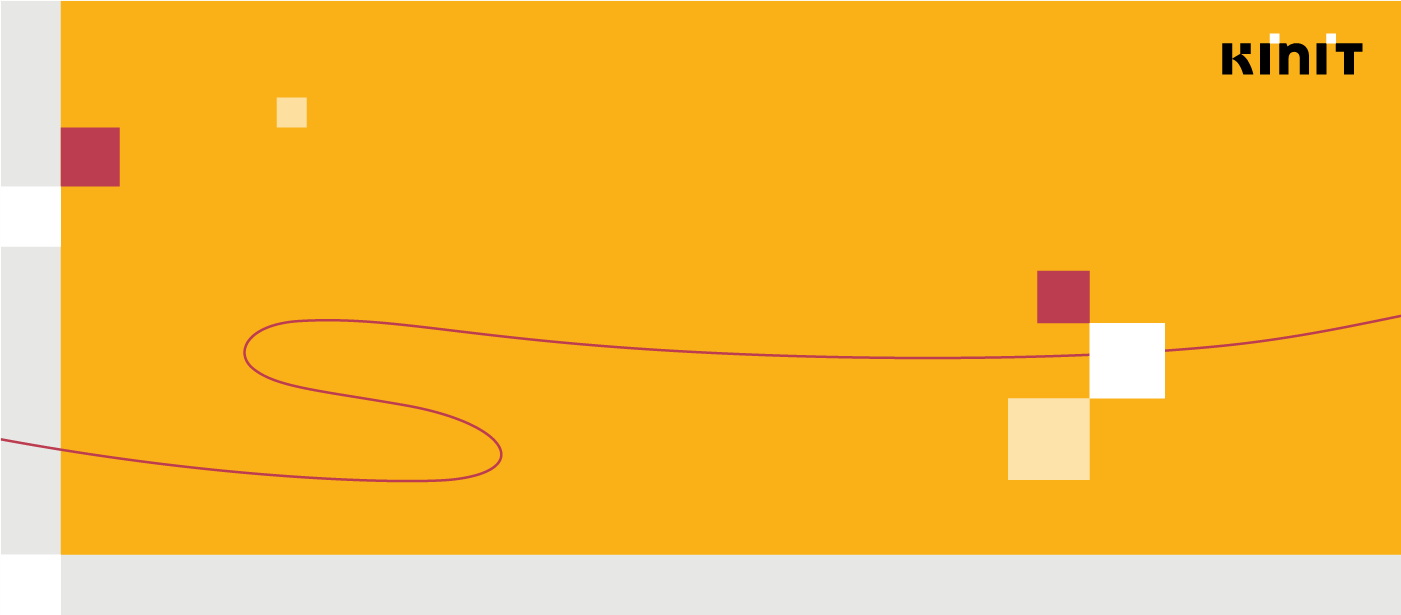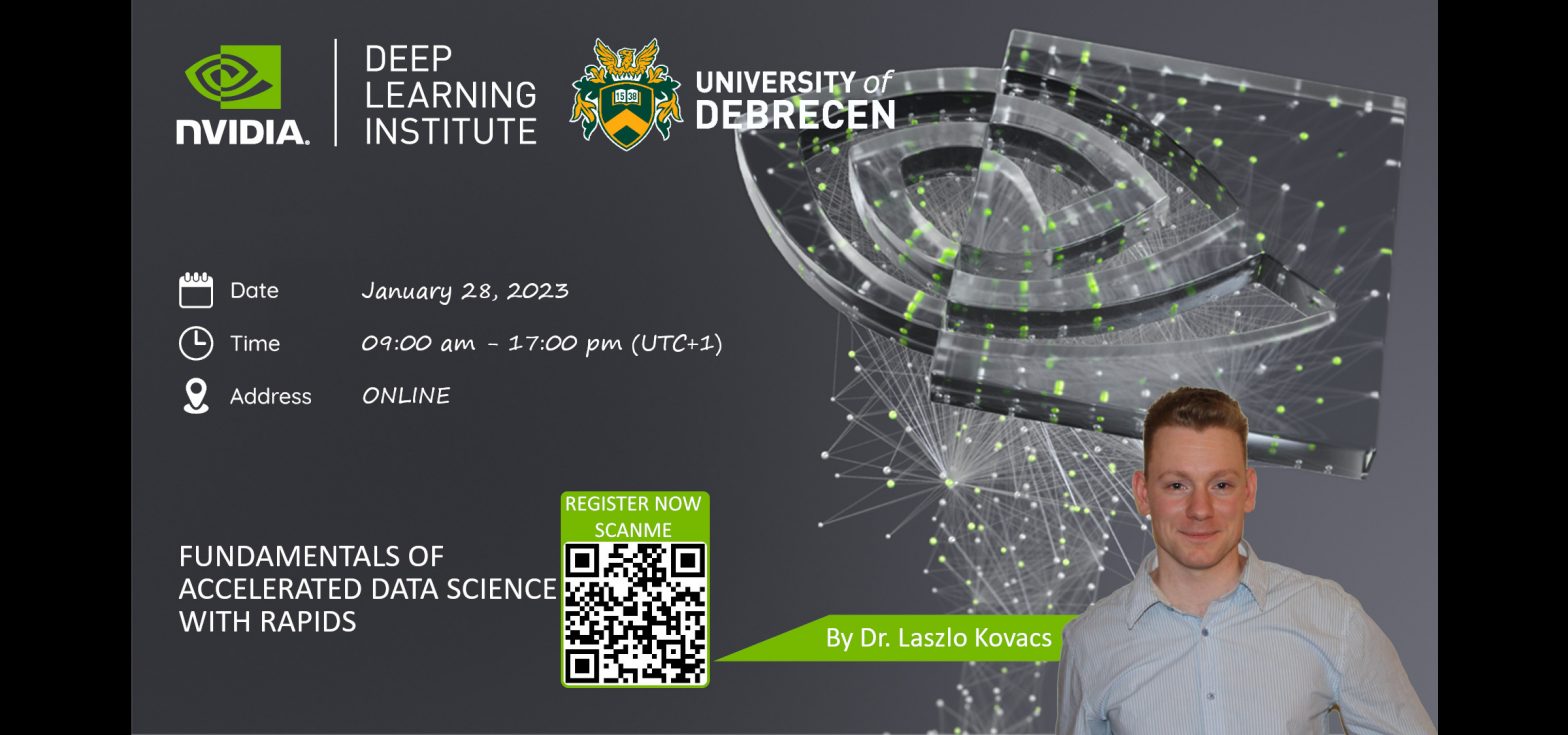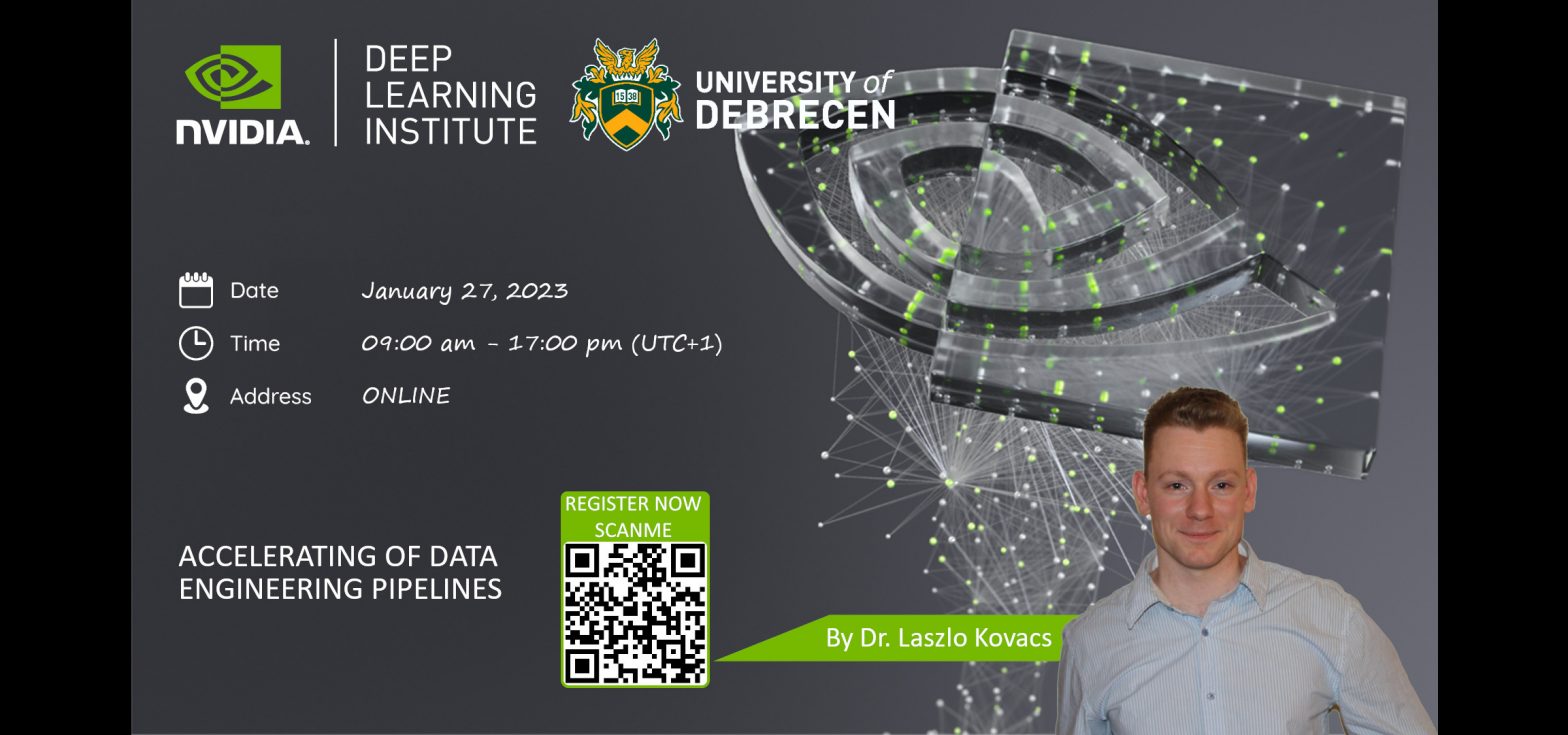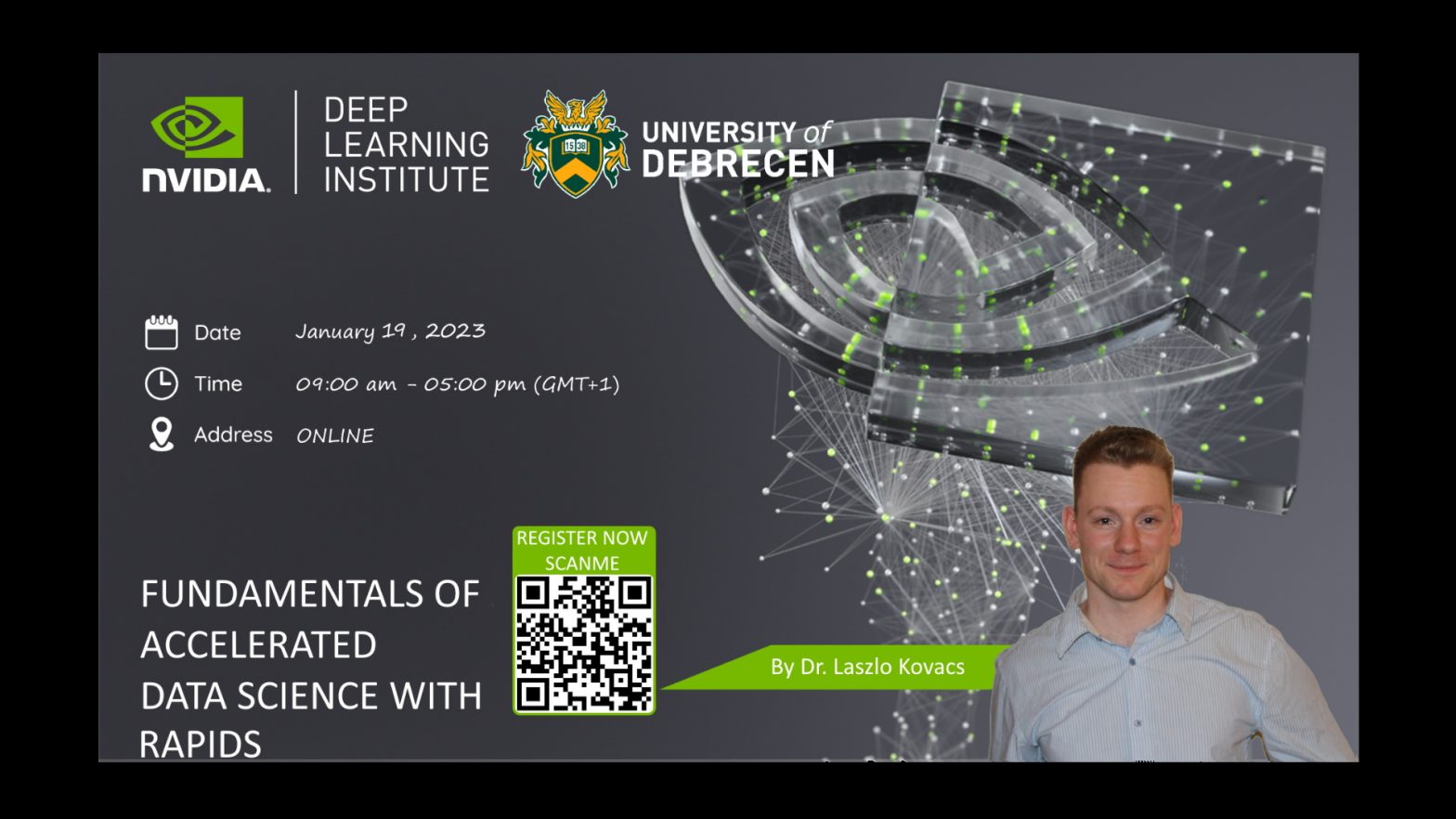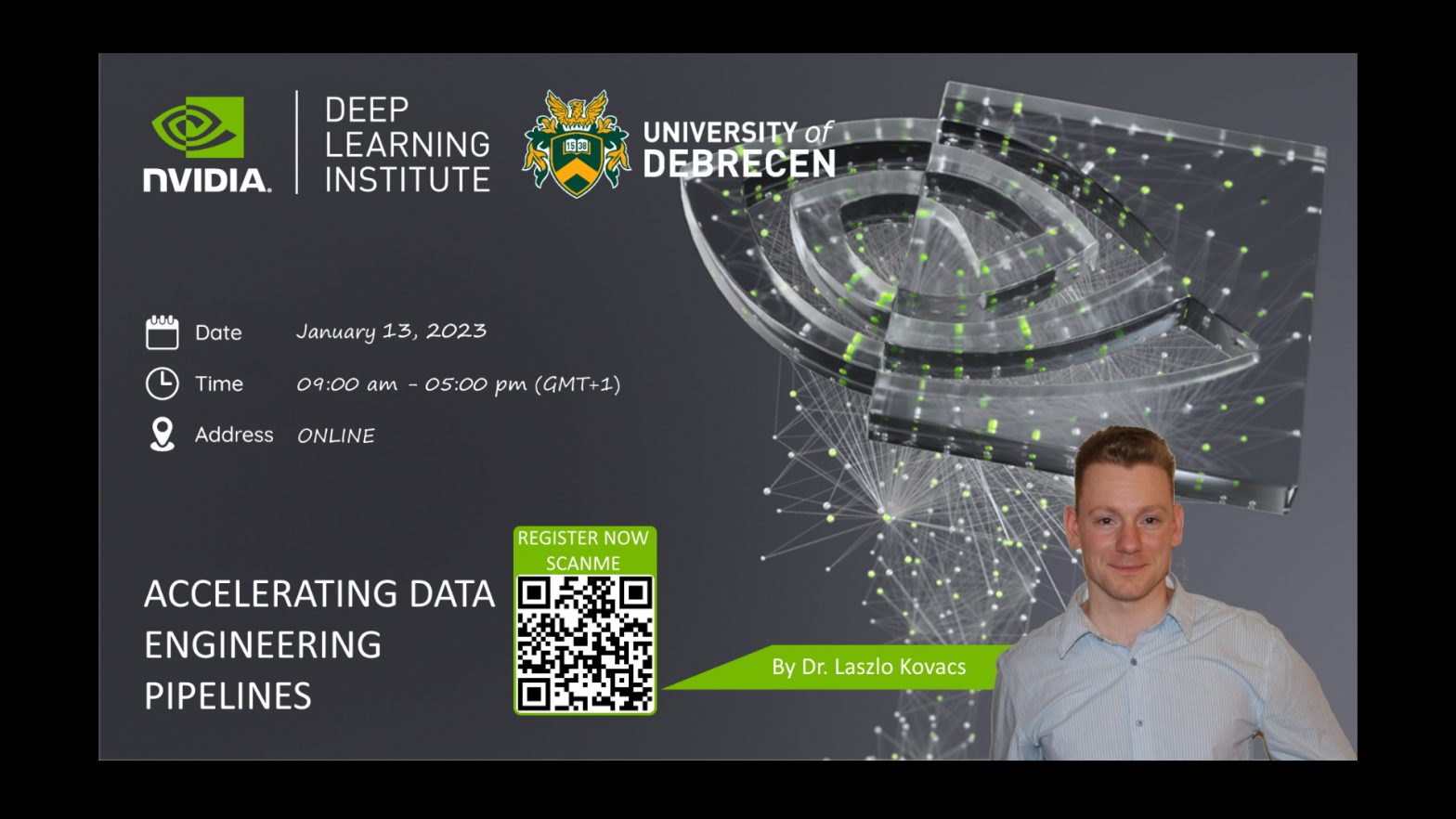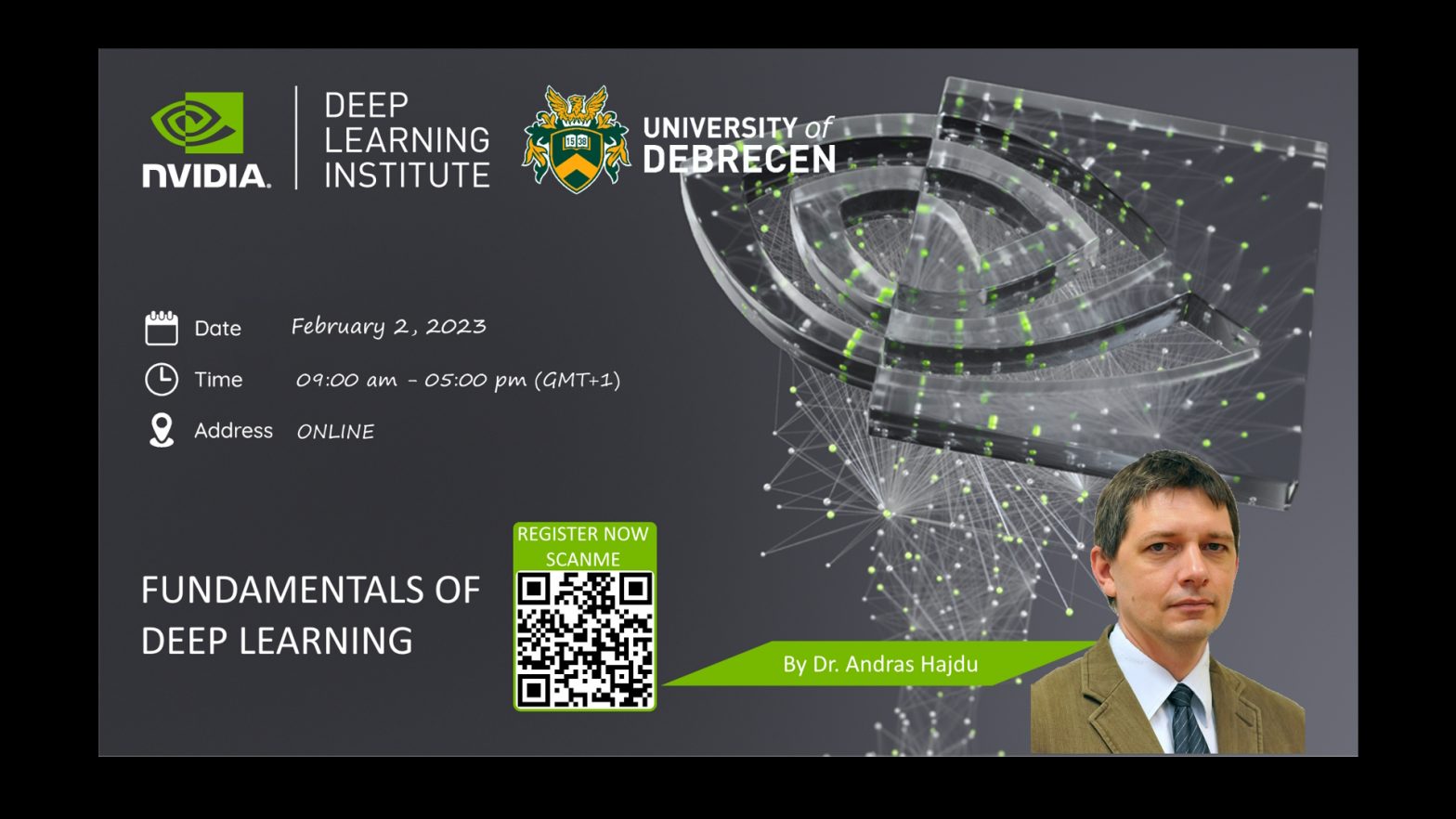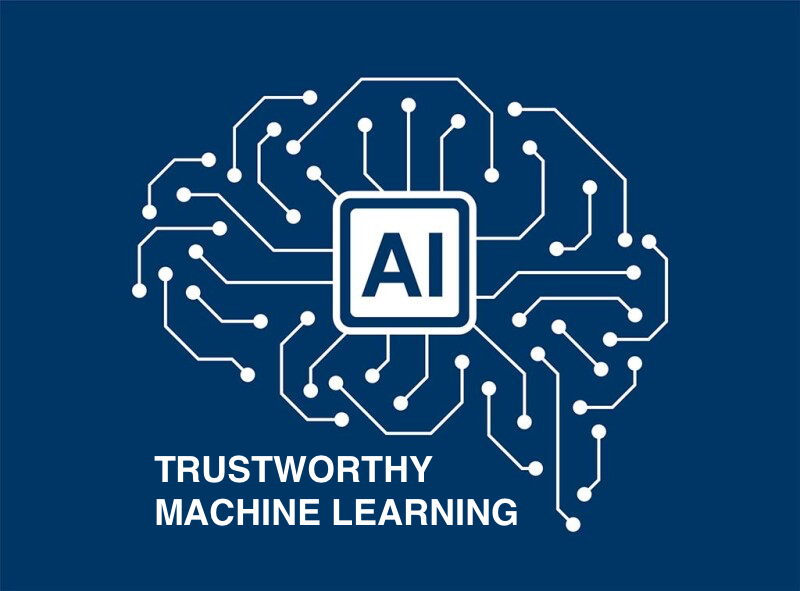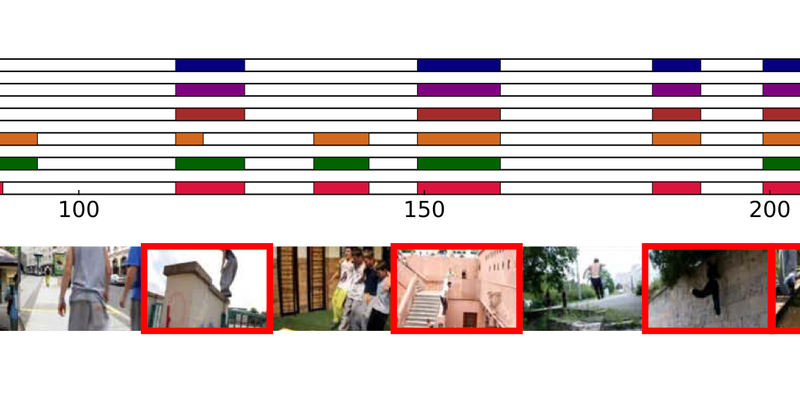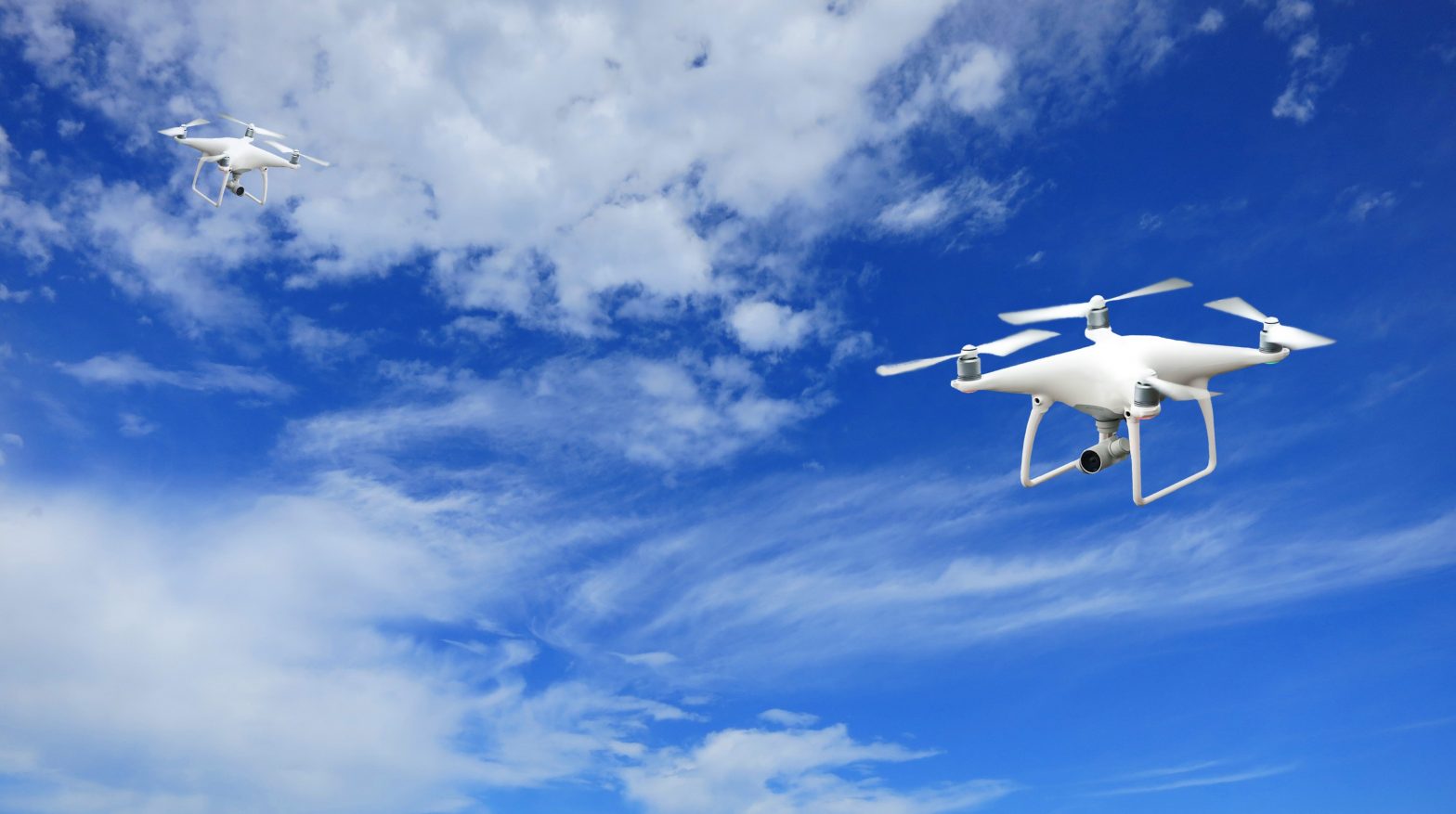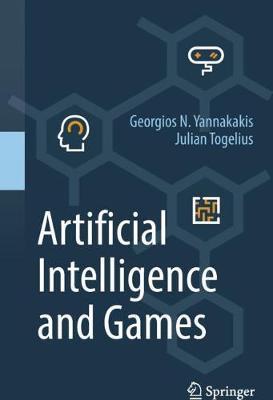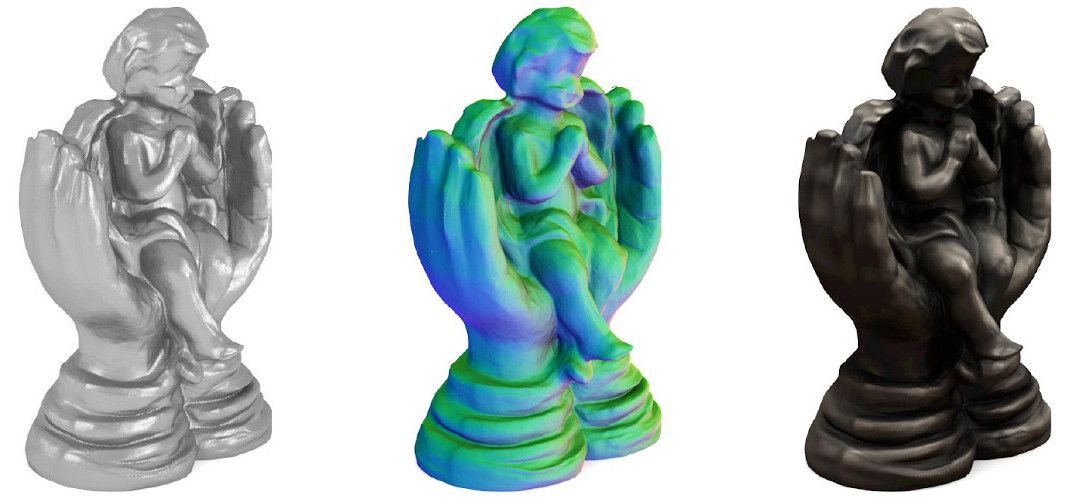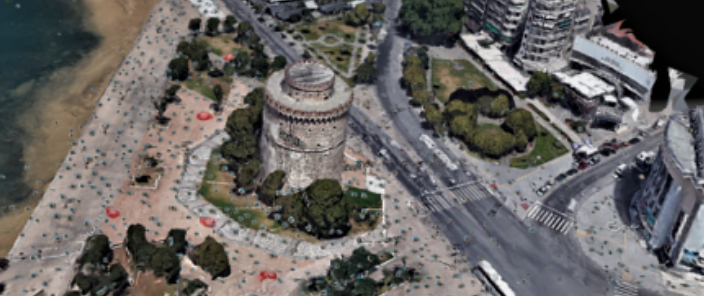Domain Adaptation & Generalization
Lecturer
Vittorio Murino, vittorio.murino@univr.it
Pietro Morerio, pietro.morerio@iit.it
Organizer/s
Univ. of Verona & IIT
Content and organization
A standard assumption of learning based models is that training and test datashare the same input distribution. However, models trained on given datasets perform poorly when tested on data acquired in different settings. This problem is known as domain shift and is particularly relevant, e.g., for visual models of agents acting in the real world or when we have no labeled data available for our target scenario. In the latter case, for instance, we could use synthetically generated data to obtain data for our target task, but this would create a mismatch between training (synthetic) and test (real) images. Filling the gap between these two different input distributions is the goal of domain adaptation (DA) algorithms. In particular, the goal of DA is to produce a model for a target domain (for which we have few or no labeled data) by exploiting labeled data available in a different, source, domain. Various DA techniques have been developed to address the domain shift problem. In this short course, we will provide an introduction to these algorithms and to domain adaptation and generalization. In particular, we will first introduce the domain shift problem, showing application scenarios where it is strongly present. Second, we will provide an overview of the algorithms that have been developed to tackle this issue. In particular, we will focus on the last research trends addressing the DA problem within deep neural networks. Lastly, we will address the domain generalization problem, which is a more challenging task because it assumes that target data is also not available, implying that the training algorithm should be devised to generalize as much as possible without any adaptation to the target in order to properly classify never observed, out-of-distribution samples.
Course Duration
4 hours
Course Type
Short Course
Participation terms
Both AIDA and non-AIDA students are encouraged to participate in this short course.
If you are an AIDA Student* already, please:
Step (a): Register in the course by sending an email to pietro.morerio[at]iit.it for your registration.
AND
Step (b): Enroll in the same course in the AIDA system using the button below, so that this course enters your AIDA Certificate of Course Attendance.
If you are not an AIDA Student, do only step (a).
*The International AI Doctoral Academy (AIDA) has 73 members, which are top AI Universities, Research centers and Industries: AIDA.
*AIDA Students should have been registered in the AIDA system already (they are PhD students or PostDocs that belong only to the AIDA Members listed in this page: Members).
REGISTRATION: Free of charge
Schedule
April 8, 2022 - 14.00-18.00 CEST
Language
English
Modality (online/in person):
Online (link to be provided by the Lecturer after registration/enrollment)
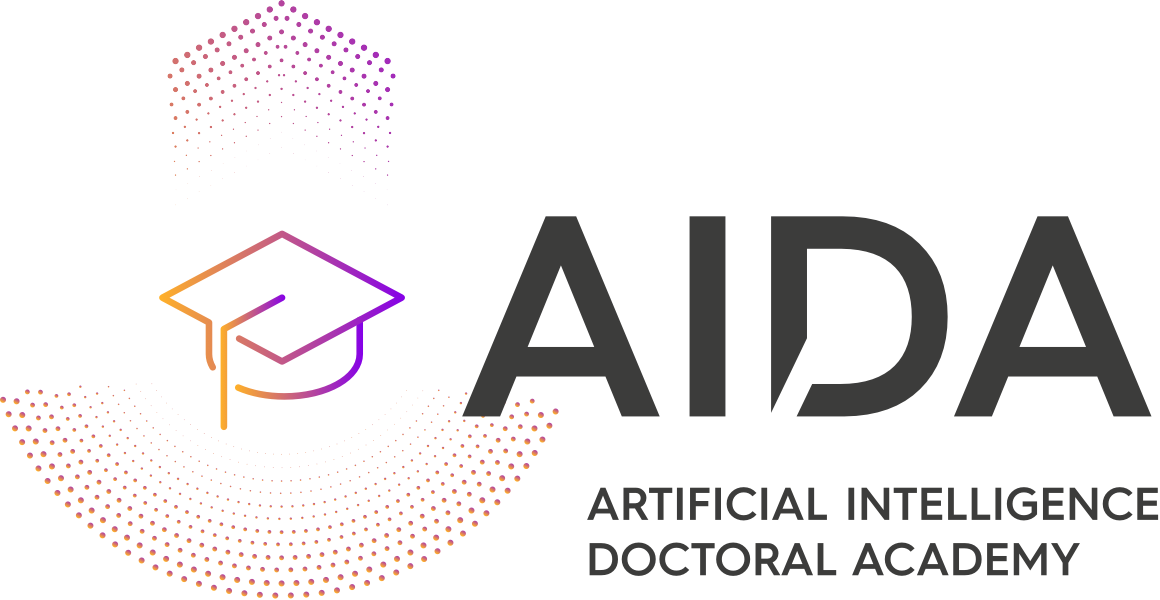
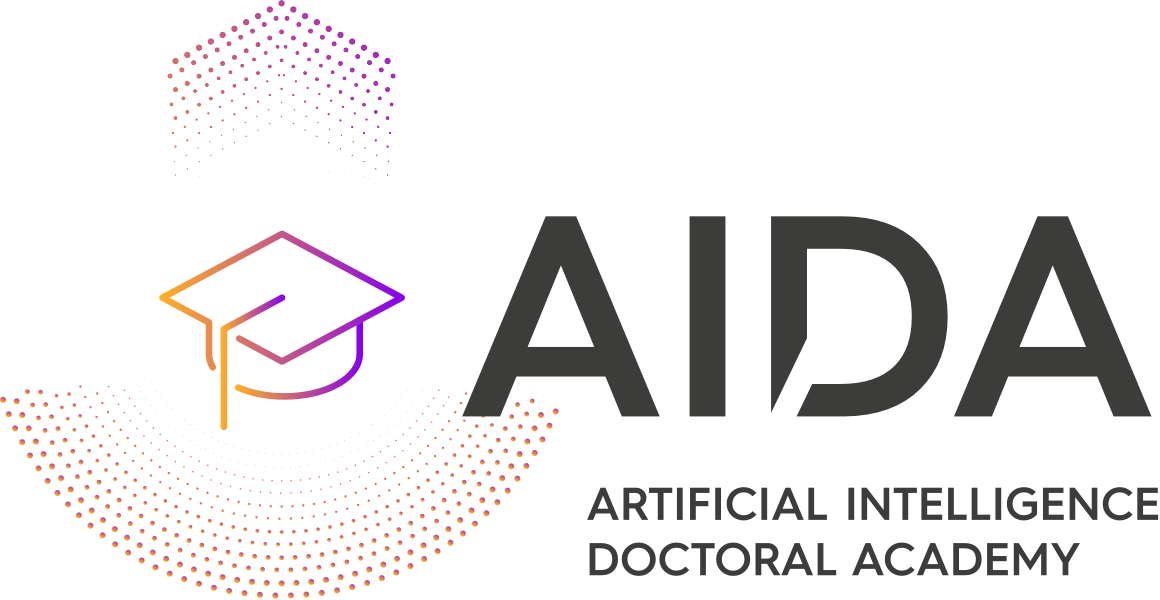

 Back to List
Back to List